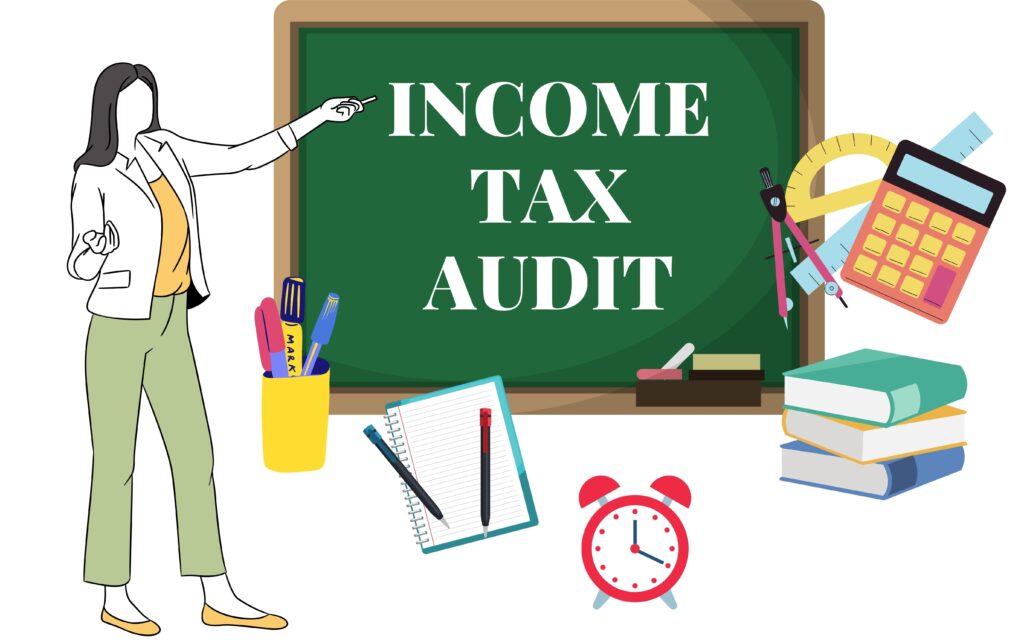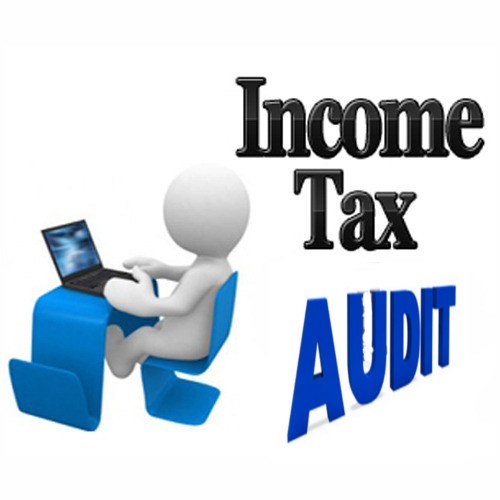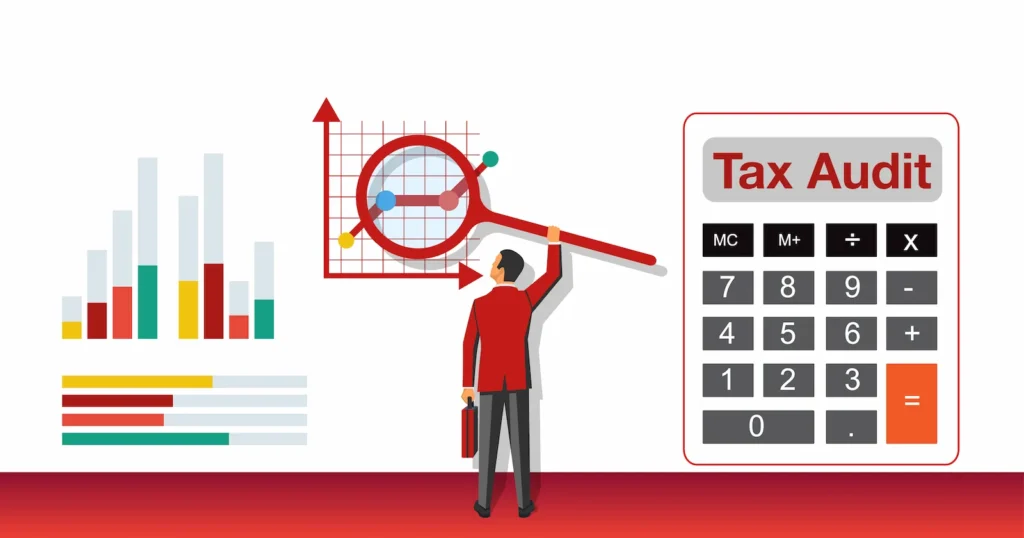Income Tax Audit

Income Tax Audit
An income tax audit is an examination of an individual’s or organization’s tax return by the relevant Income tax authority to verify that the reported income, deductions, and credits are accurate according to the tax laws.
Income Tax Audits can be triggered by various factors, such as discrepancies in reported income, unusually high deductions, random selection by the tax authority, or red flags raised by automated systems that detect potential errors or inconsistencies in tax returns.
In many jurisdictions, certain categories of taxpayers are required by law to undergo an income tax audit, commonly known as a tax audit, if they meet specific criteria. These criteria often include:
1. Businesses and Professionals: Generally, businesses and professionals whose gross receipts or turnover exceed a specified threshold are required to undergo a tax audit. The threshold amount varies by jurisdiction and may be determined based on annual gross receipts, turnover, or sales revenue.
2. Professionals: Certain professionals, such as doctors, lawyers, accountants, architects, and consultants, may be subject to tax audits if their gross receipts or professional income surpass the prescribed threshold.
3. Traders and Manufacturers: Businesses engaged in trading or manufacturing activities may be subject to tax audits if their turnover exceeds the prescribed threshold.
4. Specified Professions: Some jurisdictions specify particular professions or trades that are subject to tax audits regardless of turnover thresholds. This could include sectors like transportation, construction, real estate, and others.


5. Prescribed Transactions: Taxpayers involved in specific types of transactions, such as those related to international transactions, transfer pricing, or high-value financial transactions, may be required to undergo tax audits even if their turnover doesn’t exceed the threshold.
6. Voluntary Audits: Some taxpayers may choose to undergo voluntary tax audits, particularly if they want to demonstrate compliance with tax laws or if they anticipate potential issues that they want to address proactively.
The purpose of requiring tax audits for certain categories of taxpayers is to ensure compliance with tax laws, prevent tax evasion, and maintain the integrity of the tax system. These audits help tax authorities verify the accuracy of reported income, deductions, and tax liabilities.
It’s essential for taxpayers to be aware of the specific criteria and thresholds that apply in their jurisdiction to determine whether they are required to undergo an income tax audit. Failure to comply with audit requirements can result in penalties, fines, and other consequences imposed by the tax authorities.
Income tax audit services provided by Chartered Accountants involve the thorough examination of an individual or entity’s tax return to ensure compliance with tax laws and regulations. These audits are typically conducted by tax professionals who possess expertise in tax law, accounting principles, and auditing standards. Here’s an overview of the key components of income tax audit services:
Why Us ?
1. Preparation and Review of Tax Returns: We, at Singh Suri & Company, Chartered Accountants, assist individuals or entities in preparing their tax returns accurately and in compliance with applicable tax laws. We review the financial records, documents, and transactions to ensure all income, deductions, credits, and exemptions are properly reported.
2. Risk Assessment: Before conducting the audit, Our Team of Professionals perform a risk assessment to identify potential areas of non-compliance or discrepancies in the tax return. This may involve analyzing the taxpayer’s financial activities, industry trends, and relevant tax regulations to determine areas of focus during the audit.
3. Audit Procedures: Our Team of Professionals, conduct audit procedures to verify the accuracy and completeness of the information reported on the tax return. This may include examining supporting documentation, such as bank statements, receipts, invoices, and contracts, to substantiate income, expenses, and other tax-related transactions.


4. Interviews and Inquiries: During the audit, We may conduct interviews with the taxpayer and relevant personnel to gather additional information and clarify any discrepancies or inconsistencies identified during the audit procedures. We may also send inquiries to third parties, such as banks or vendors, to obtain corroborating evidence.
5. Documentation and Workpapers: We maintain detailed documentation and workpapers throughout the audit process to support their findings and conclusions. This documentation includes audit planning, procedures performed, evidence obtained, and conclusions reached during the audit.
6. Audit Report: Upon completion of the audit, We issue an audit report summarizing their findings and conclusions. The report typically includes a description of the audit procedures performed, any significant issues identified, recommendations for corrective actions, and the auditor’s opinion on the accuracy and compliance of the tax return
7. Representation and Assistance: We may represent the taxpayer during discussions with tax authorities, respond to inquiries, and provide assistance in resolving any disputes or disagreements that arise during the audit process. We may also provide advice on tax planning strategies to minimize tax liabilities in the future.
Overall, income tax audit services provided by our professional team, help taxpayers comply with tax laws, minimize the risk of penalties or fines, and ensure the accuracy and integrity of their tax reporting. By leveraging Our expertise and experience, we assist clients in navigating the complexities of tax regulations and managing their tax obligations effectively.


